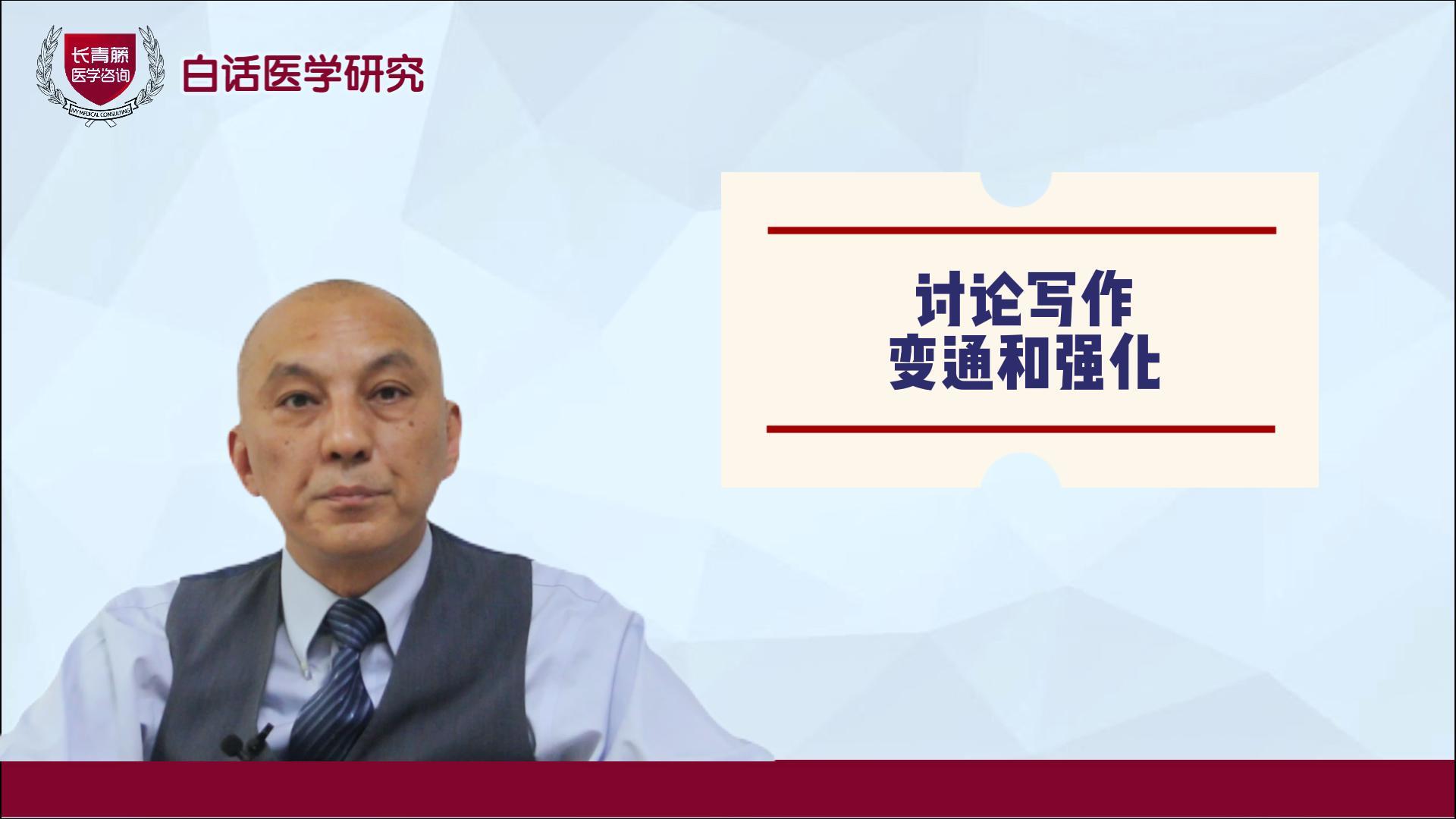1970-01-01

Am Heart J 2005;149(1):104-111 Monica Franciosi a, Fabio Pellegrini a, Giorgia De Berardis a, Maurizio Belfiglio a, Barbara Di Nardo a, Sheldon Greenfield b, Sherrie H. Kaplan b, Maria C. E. Rossi a, Michele Sacco a, Gianni Tognoni a, Miriam Valentini a, Antonio Nicolucci a * and Quality of Care and Outcomes in Type 2 Diabetes (QuED) Study Group
Background :Clinical trials demonstrate significant benefit from cholesterol management for patients with type 2 diabetes. The aim of this work was to explore the correlates of lipid management in patients with type 2 diabetes, including the subjective beliefs of physicians, setting of care, and patient-related factors.
Methods: This longitudinal outcomes research study involved 2359 patients with type 2 diabetes recruited by 111 general practitioners and 214 physicians practicing in diabetes clinics. Physicians" beliefs were assessed through a questionnaire administered when the study started in 1998. Main outcome measures were total cholesterol (TC) and LDL cholesterol (LDL-C) levels over 3 years and the proportion of patients treated with lipid-lowering drugs (LLDs). Results Less than one-third of the physicians (27%) stated that they routinely started pharmacologic therapy for TC values ≥200 mg/dL (more aggressive), whereas 46% considered a TC level ≥240 mg/dL as the threshold for the initiation of treatment (less aggressive). During 3 years of observation, mean TC and LDL-C levels decreased from 215 ± 40 mg/dL to 203 ± 37 mg/dL and from 135 ± 36 mg/dL to 126 ± 35 mg/dL respectively, while the proportion of patients treated with LLDs increased from 13.2% to 24.6%; in particular, among individuals cared for by the more aggressive physicians, 30.0% were taking LLDs after 3 years, while only 17.7% of those followed by the less aggressive physicians and 18.1% of those followed by >1 physician were being treated with LLDs. Multilevel analysis showed that physicians" beliefs were an independent predictor of TC levels over the 3-year period. In patients treated with LLDs, TC levels decreased on average by 14%, and LDL-C levels decreased by 20%.
Conclusion :Our data show that physicians" beliefs in more aggressive management strategies will result in better mean TC values over a 3-year period.
百度浏览 来源 : 国际循环
版权声明:本网站所有注明来源“医微客”的文字、图片和音视频资料,版权均属于医微客所有,非经授权,任何媒体、网站或个人不得转载,授权转载时须注明来源:”医微客”。本网所有转载文章系出于传递更多信息之目的,且明确注明来源和作者,转载仅作观点分享,版权归原作者所有。不希望被转载的媒体或个人可与我们联系,我们将立即进行删除处理。 本站拥有对此声明的最终解释权。





发表评论
注册或登后即可发表评论
登录注册
全部评论(0)